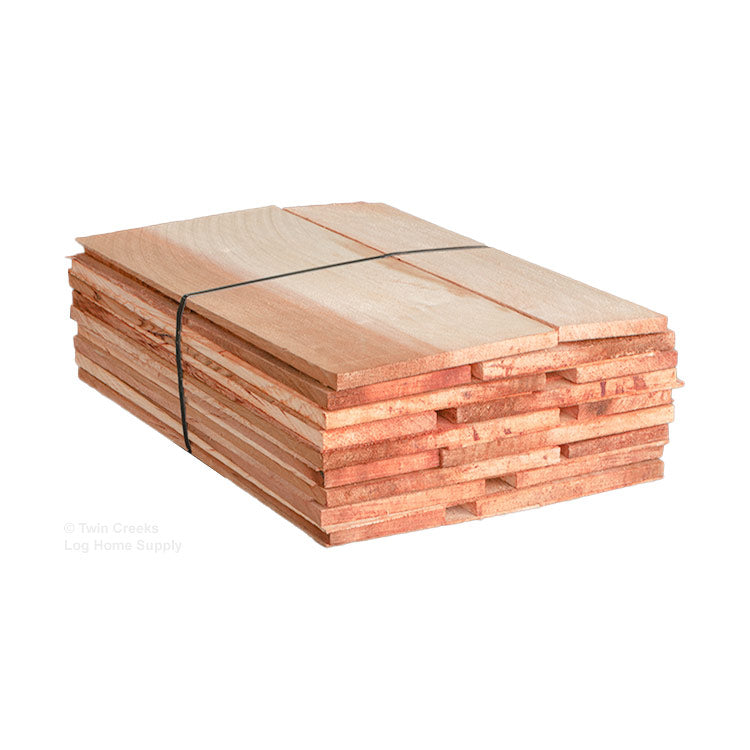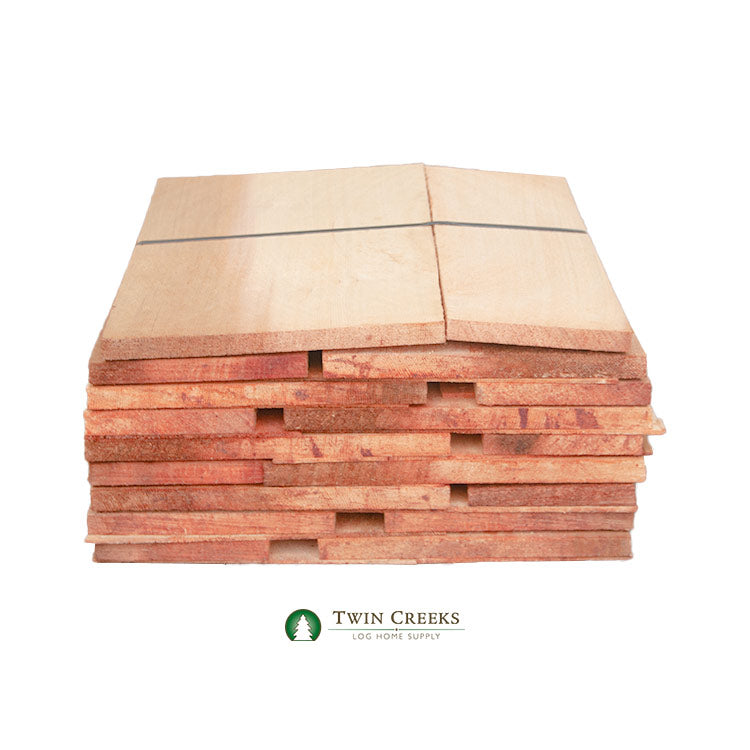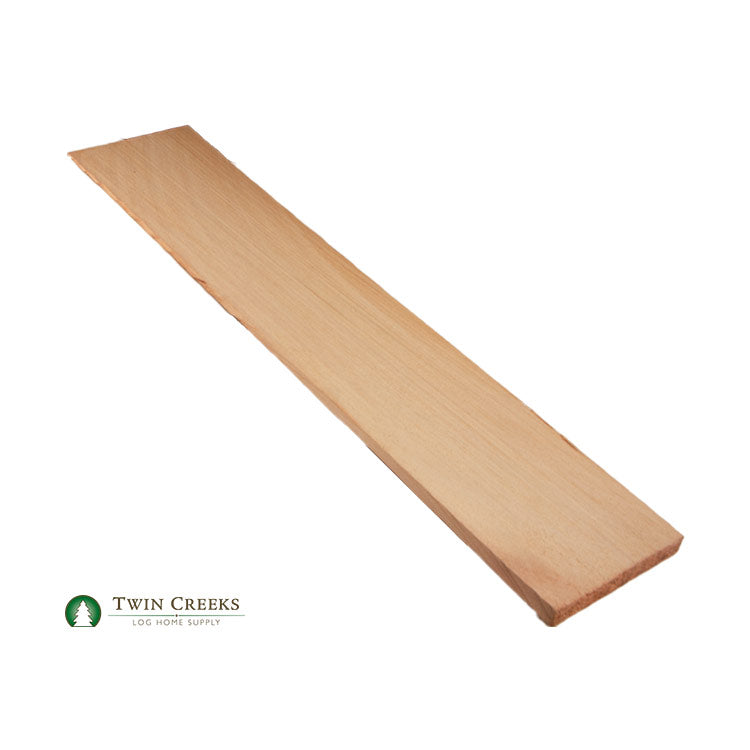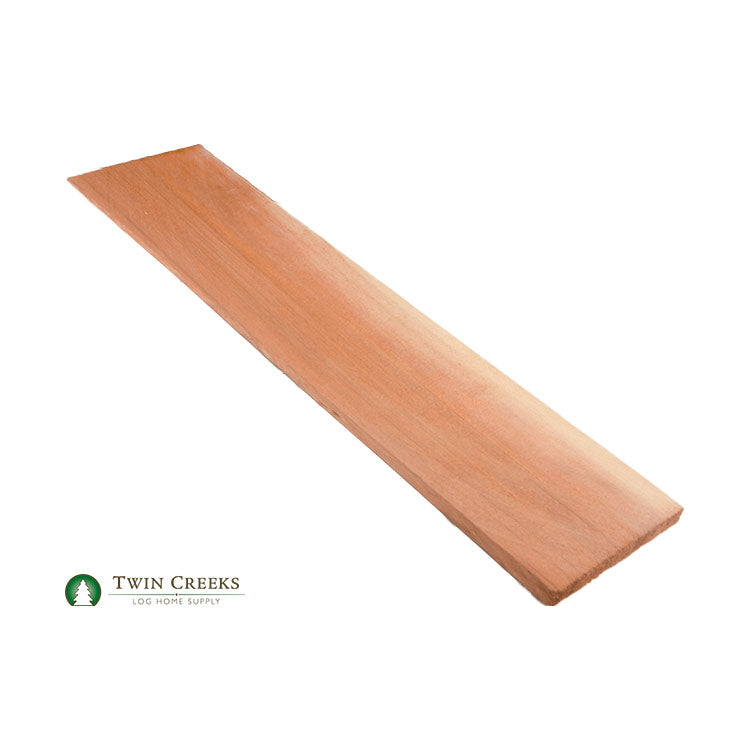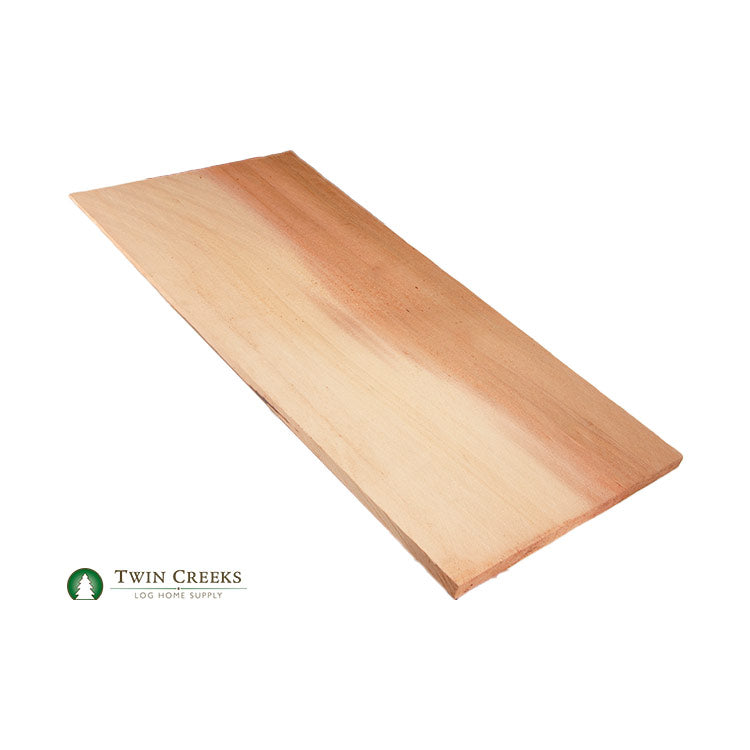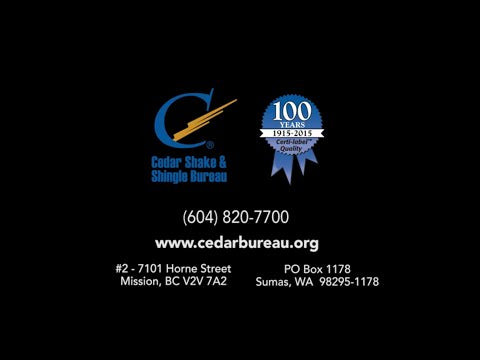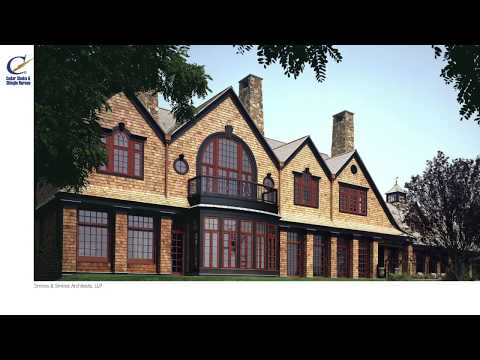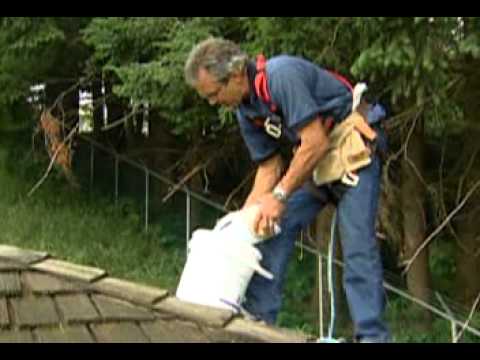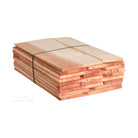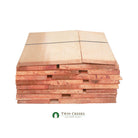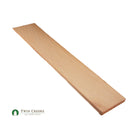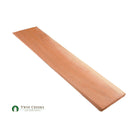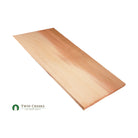Bundle 24" x 5/8" Western Red Cedar Kiln-Dried Tapersawn Shakes - Premium Grade
Please call for a custom shipping quote for pallet orders.
Details
24” Western Red Cedar Kiln-Dried Tapersawn Shakes add warmth, durability, and timeless charm to your home. Cedar shakes are lightweight, wind resistant, and provide excellent insulation. Whether you choose to stain them yourself or allow them to weather naturally, real cedar shakes are the low-maintenance, practical option that will give your home the beautiful look you desire.
Features & Benefits of Western Red Cedar Shakes:
• Extreme Durability – Cedar Shakes easily withstand harsh weather conditions including heavy wind, rain, and hail.
• Longevity – Western Red Cedar is known as one of the most durable softwoods. With proper maintenance, Cedar Shakes can beautify your home for decades.
• Energy Efficiency – Cedar offers excellent insulation for your home. While maintaining a low carbon footprint, Cedar will keep your house warmer during cold months, while allowing your home to breathe and stay cooler during the warmer months.
• Termite Resistance – Western Red Cedar wood is naturally resistant to termites.
• Ease of Installation - Cedar Shakes are simple to install and come pre-bundled for easy jobsite transport.
• Versatility – Western Red Cedar Shakes can be used with many different architectural styles, affording you the option of a home covered in beautiful Cedar wood, or simply a small rustic accent area on an otherwise traditional home.
• Adaptability – Cedar Shakes are manufactured to be used on both interior and exterior wall surfaces.
Product Specifications:
• Length: 24"
• Thickness: 5/8" thickness at the butt
• Grade: Premium Grade. Clear Heartwood Western Red Cedar. 100% edge grain, no flat grain permitted.
• Drying: Kiln-Dried
• Texture: Natural Sawn Texture
• Width: Width of shingles will vary, generally between 4" and 10". The minimum width is 4 inches with a minus tolerance down to 3-1/2 inches in up to 5% of the bundle.
• Coverage: 5 Bundles = 1 Square (100 square feet of roof coverage) at 10" shake exposure
• Packaging: Standard roofing-style bundle secured with a metal or plastic strap.
• Shipping Options: These bundles can be shipped via UPS within a cardboard box or shipped by truck on a pallet.
Roof Coverage Rate Chart:

Product Resources:
Cedar Shake and Shingle Product Selection Guide
Cedar Shake and Shingle Specification Guide
Basics Guide for Cedar Shakes and Shingles
CSSB New Roof Construction Manual
CSSB Exterior and Interior Wall Manual
Estimating Cedar Shakes:
Please ensure you have the following information when estimating roof coverage for cedar shakes:
1. Size in square feet of the roof area you are trying to cover.
2. Application and exposure to be used.
3. Product type used.
4. Amount of product in each box or bundle.
Specifications
More Information
|
Additional Technical Resources for Western Red Cedar Hand-Split Shakes: Application Notes: Finishing Cedar Shakes: Nails: Staples: |
Reviews
Product Questions
Product Questions
-
Do the Shingle need to be treated or stained after installed?
It is always recommended to apply a stain or finish on wood that is exposed to weather and extreme exposure. Western red cedar is a very durable wood but it still can rot if not treated.
-
How are Tapersawn Shakes different from Shingles?
Cedar Shingles and Cedar Tapersawn Shakes look similar to each other, with both having a sawn face. The key difference is that the Tapersawn Shakes are cut thicker at the butt end. Tapersawns are available with a 5/8" or 7/8" butt thickness, while shingles vary from 1/4" to 1/2" average thickness depending on length. While both types are suitable for both roof and wall use, we see Shingles used most often for walls and Tapersawns used most often for roofs.
| Product Details | |
|---|---|
Grade |
|
Drying |
|
Shingle Length |
|
Thickness Average thickness of shingle/shake at the butt (bottom) end
|
|
Width |
|
Typical Bundle Dimensions |
|
Edges Parallel |
|
Inches Per Bundle Total inches of width of “on-grade” shakes/shingles per unit (bundle or box).
|
|
| Installation Details | |
Application Type |
|
Standard Sizing |
|
Exposure - Sidewall Refers to options on the length of the shake that can be exposed to the weather. Wider exposures yield more square feet of coverage per bundle.
|
|
Exposure - Roof Refers to options on the length of the shake that can be exposed to the weather. Wider exposures yield more square feet of coverage per bundle.
|
|
Fastener - Sidewall |
|
Fastener - Roof |
|

